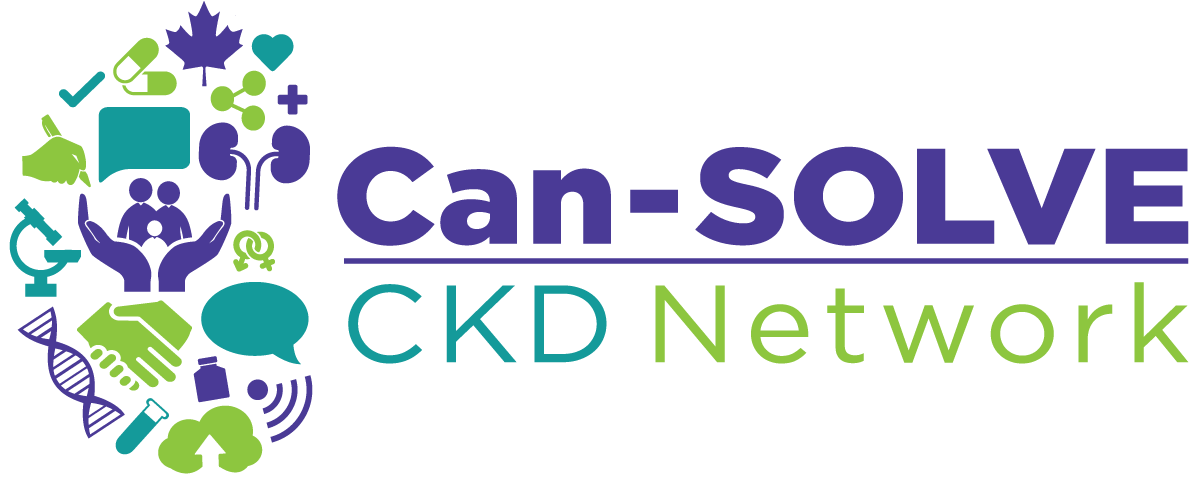Project Overview
Hemodialysis is a life-saving procedure for people with kidney failure. However, it involves many challenges including: low quality of life, little time for life activities (due to dialysis), complex care (with many healthcare providers), and challenges with transportation to dialysis.
In Phase 1 of the Can-SOLVE Network, the Triple I research project identified the top ten challenges of hemodialysis. The research team, which is made up of health care providers, researchers and patients, surveyed and interviewed people who rely on or work at hemodialysis clinics, including people living with kidney disease, their caregivers, and health care providers. The research team then worked towards identifying solutions to some of these challenges. For example, bringing multiple providers (such as cardiologists and diabetes care specialists) into hemodialysis units to improve the quality of care, decrease travel time and costs, and improve communication between healthcare providers.
The Mind the Gap research project will address one of the top ten challenges identified in Triple I: the gap in mental health care and support for people receiving hemodialysis. Mind the Gap focuses on identifying and implementing individualized, accessible, and culturally sensitive solutions to address mental health care for individuals receiving hemodialysis. This research project is guided by patient partners, including collaboration with Indigenous patient partners to ensure that project is culturally sensitive and aligns with Indigenous ways of knowing, being, and healing. In this way, Mind the Gap aims to help improve the experience and mental health of individuals receiving hemodialysis.
Connect with us!
Subscribe to receive updates from the Can-SOLVE CKD Network. Learn more about what we do, why it matters, and how you can get involved!




